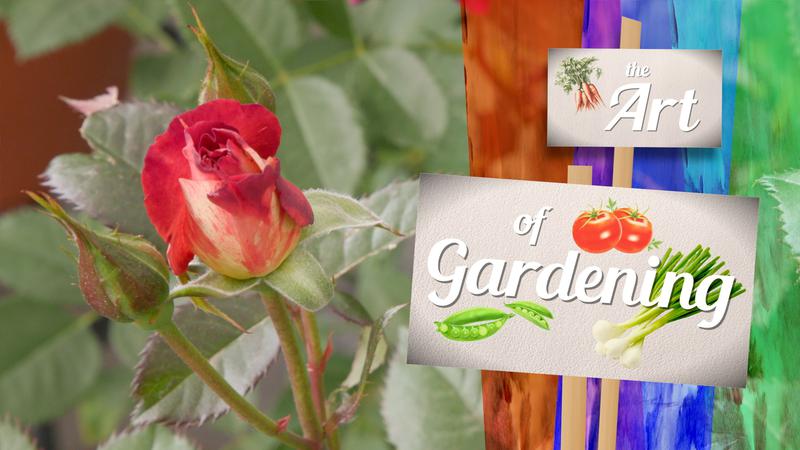
SOUND OFF: Where to turn in this time of grief and sorrow
AS WE CONTINUE TO GRIEVE the loss of 215 children at the Kamloops Indian Reservation School, there are a number of resources available to help people through this incredibly painful time.
While the discovery of these lost children has shaken all of us, it has brought up incredible trauma for residential school survivors and their loved ones. Painful memories have been triggered all over again.
If you are a former residential school student in distress or have been affected by the residential school system and want to talk to someone, you can call the Indian Residential Schools Crisis Line at 1-866-925-4419, day or night. Emotional and crisis referral services are available through this toll-free number. In addition, the KUU-US Crisis Line Society provides a First Nations and Indigenous-specific toll-free service at 1-800-588-8717.
The Hope for Wellness Help Line offers immediate mental health counselling and crisis intervention by phone or 1-855-242-3310. If you prefer to connect with a counsellor online, a chat feature is available at www.hopeforwellness.ca. There is also a Métis Crisis Line, offered by Métis Nation British Columbia, at 1-833-MétisBC (1-833-638-4722). The First Nations Health Authority lists other culturally-safe supports on its website at www.fnha.ca.


